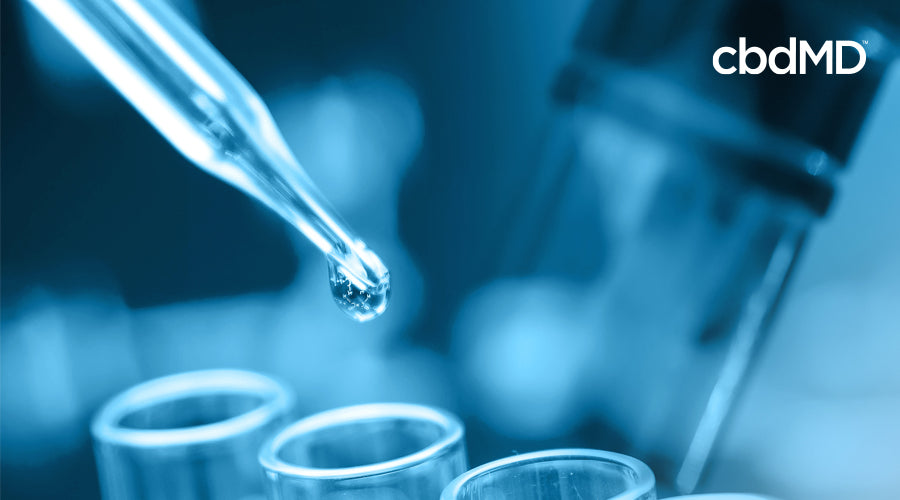Do you know where your CBD comes from exactly? If you know anything about CBD, you might answer “cannabis” or maybe “hemp.” But do you know where the cannabis was grown? How was it grown? What kind of cannabis is it?
These issues are actually important when you’re trying to choose quality CBD products. So in this article, we’re going to go over the basics of why CBD’s source matters and how it can help you make the best buying decisions.

What is Hemp?
For centuries, “hemp” and “cannabis” meant the same thing. “Hemp” was just the native English word for the plant, while “cannabis” was the scientific name imported from Greek.
However, in more recent times, cannabis growers have bred different strains of cannabis for different uses. If you’re growing it for fiber or seed, you want strong, healthy plants and don’t need to worry about their chemical content.
But once recreational marijuana-smoking became popular in the west about 150 years ago, cannabis growers got more interested in the THC – the ingredient that causes the high. Since the 1970s, this has translated to different farming methods as well: if you want the biggest, most potent buds, you grow only female plants and never let them get fertilized.
With the 2014 Farm Bill, this distinction became official. “Hemp” is now any cannabis with less than 0.3 percent THC by dry weight, while “marijuana” is cannabis with more than that.
Another key distinction: hemp is legal, and marijuana isn’t, at least at the federal level. Some states do allow marijuana farming, and it was through some of these legitimate marijuana outlets that CBD first became recognized.

What is CBD Oil Made Of?
CBD won’t get you high, but it is like THC because it’s a cannabinoid – an organic compound most abundant in the resiny buds of female cannabis plants. Therefore, the buds that go into smokable or edible marijuana have CBD in them to one degree or another. Some marijuana users like high-CBD strains because they feel they prevent unwanted side effects, like paranoia.
Once hemp became legal, farmers started breeding strains with low THC and high CBD content and similarly growing them to maximize buds. So the first question when considering the source of CBD is whether it comes from hemp or marijuana.
You can get high-quality CBD from marijuana, but it will probably include some THC. This can be a problem if you’re trying to avoid intoxicants or pass a drug test. Also, depending on what state you’re in, it may be illegal.
So you’re probably better off getting CBD made from hemp. But not all hemp is created the same.

Does Hemp Quality Affect CBD Quality?
What I’ve just outlined here is what hemp is in the USA. But not all countries have the same standards.
That’s why it’s usually the safest bet to buy CBD sourced from domestically grown hemp. Hemp farmers in the USA have to be careful because if their plants test with THC just a smidgen too high, they’ll have to destroy the whole crop. That makes it risky for a farmer, but safer for end-users.
Hemp grown in other countries may not have the same THC content standards or the same level of oversight.
Farming methods also matter in choosing a source of CBD. If you don’t like eating genetically modified food, you can also find CBD from hemp grown with non-GMO methods. Or if you’re avoiding pesticides, you can find CBD from organically grown hemp.
Such factors can affect the quality of your CBD oil and the environmental impact of your using it.

How Do You Know a Company’s Source of CBD?
Ideally, CBD companies will tell you. This is why it’s important to find a reputable vendor for your CBD. If you just buy it at a gas station, you have no idea where it came from initially. For that matter, you can’t even be sure that it contains CBD.
So if you’re planning to buy CBD oil, be sure to visit the firm’s website that actually makes the product. They should tell you where their cannabis came from, and whether it’s marijuana or hemp. They should tell you how it was grown.
Most importantly, they should put their money where their mouth is by submitting all their CBD batches to an independent, third-party lab and posting the results on their site. This test should tell you what percentage of cannabinoids are in there (including THC, if any), and any pesticides or pollutants.

Buying High-Quality CBD Products
So, does the source of CBD matter when choosing your CBD products. Yes it does, and now you know whyl. But other factors also matter! Check out some of our other blog posts to help you select the right CBD product:
- Where to Buy CBD Oil
- The Difference Between Broad Spectrum and Full Spectrum CBD
- 7 Reasons Why CBD is So Expensive <
- How to Take CBD Oil: 7 Most Common Methods
Learn More About CBD
To discover more about CBD and everything it has to offer. Be sure to follow us on social media at Facebook, Instagram, and Twitter.

